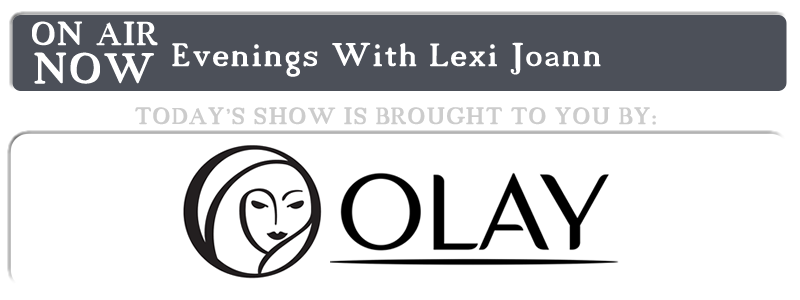Eligible voter turnout for Saskatchewan provincial elections has declined nearly 30 per cent since 1982, according data from Elections Sask. In 1982 nearly 80 per cent of eligible voters cast a ballot for the provincial election. That dropped to a low of 51 per cent in 2011. “You want more people voting,” University of Saskatchewan Political Science professor Daniel Westlake told CTV News “It gives politicians greater interest to pay attention to a larger share of the electorate.” In 2020’s provincial election, about 53 per cent of the more than 841,000 eligible population cast a ballot. Westlake says there multiple reasons why voter turnout can fluctuate over the years. “If the election is more competitive, people might be more likely to vote if they feel it’s really going to matter,” he said. “But those had more marginal impacts on whether people go out to vote.” 
Young adults and first-time votersHannah Scott, 21, and Tyrone Perreault, 27, will both cast a ballot for the first time in a provincial election this year. “Voting is what truly makes change,” Scott said. “It’s about being willing to go out and vote to fix [the] issues,” Perreault added. Elections Sask. does not keep voter turnout statistics by age or gender demographics. Federal election data shows young people in the province are less likely to hit the polls. In the 2015 federal election, just over 57,000 of the 101,000 eligible voters aged 18 to 24 cast a vote. A turnout rate of 57 per cent. That’s compared to over 78 per cent turnout for residents aged 65 to 74. In 2019’s federal election, turnout decreased to 54 per cent with 49,000 ballots cast of the 92,000 eligible young voters. Nearly 84 per cent of seniors cast a ballot in that election. “If you don’t have a ton of young people voting, that reduces the incentive for politicians to care about the issues most important to young people,” Westlake said. “That’s a problem in a democracy.” 
Scott believes most young people don’t their vote as important. “They see a dead-end future. They wont be able to afford a home, they wont be able to take care of a family,” she said. “Theyll be working dead end jobs. They wont be able to like succeeding in their lives or making anything of their lives.” “Younger people are some of the people [who] care the most and can often be the loudest about politics. It’s almost we care too much and can’t see a future that’s going to change,” Scott said. Perreault has had an opportunity to vote before but says he felt unimportant in the process. Now he knows that’s not the case. “I understand the importance of it now,” he said. “I just feel its important to get my voice out there and get my vote.” Chicken or the eggWestlake says experts find it hard to gauge why certain people don’t vote. “We don’t know a lot about non-voters,” he said. “People who tend not to vote don’t answer polls or surveys about politics and voting.” Scott feels there can be a disconnect between policy makers in government and young people. “You see these older people in politics and thats not necessarily a bad thing, but I think they are way overrepresented,” she said. “We need more younger people in politics.” Westlake questioned whether government focusing policy on certain non-voting groups or having those non-voters vote to affect policy would have a greater impact towards change on overall turnout. “It’s a chicken or the egg problem,” he explained. “Its not clear whether you get politicians who are focusing less on issues that are important to young people because young people dont vote, or the young people are not voting because politicians arent focusing on their issues.” A deeper issueElections Sask. is trying to make voting more accessible to increase voter turnout. “There will be 56 hours of voting,” said Chief Electoral Officer Dr. Michael Broda. “Thats up from 51 hours last time.” “Weve been able to broaden access to ballots by offering a suite of voting options with the aim of putting the voter in the drivers seat. The goal is for them to have options that allow them to vote in the way that best suits their needs and preferences,” he added But Westlake feels there are deeper issues than access the province must address to increase turnout. “The easier it is to vote, you have to assume that some people are more likely to vote as a result of that,” he said. “But absent an interest in politics or absence of feeling that one has a responsibility to vote, theres a limit to how much effect the access on the own can have.” He would like to see a shift from agencies and government which could increase participation in the process. “Youve got to get out and consistently be making an effort to get people to care about politics and get people interested in politics,” Westlake said. “So [there is] a sense that they have a responsibility to vote and contribute to the broader democratic life.” “But this isn’t the sort of problem you solve during an election campaign,” he added. Scott and Perreault are encouraging their peers to exercise their democratic right to vote. “Dont listen to that voice in the back of your head thats telling you that nothing is going to change because it can change,” Scott said. “Its a hard fight we have to do, but its always been a hard fight.” “In this age of technology, we have access to so much information,” said Perreault. “Do your research, look into the backgrounds of everything and come to an informed conclusion and opinion and, just get out there and vote.” Sask. voting week runs through Oct. 28 which is election day with no voting on Oct. 27. Voting locations for your constituency can be found on your voting card or you can contact Elections Saskatchewan.
|































